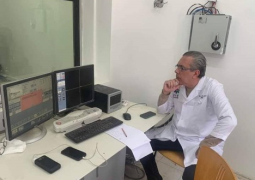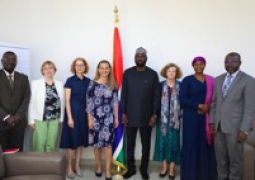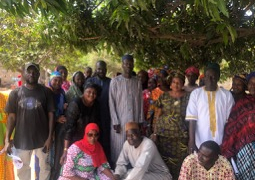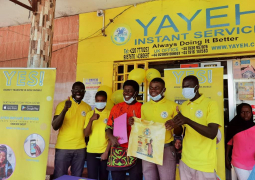The training which attracted 30 participants, mainly focused on malaria prevention and control according to the National Malaria Strategy Plan in The Gambia and the barriers preventing Persons With Disabilities from accessing malaria services in the country.
Baba Balajo, program Manager for Malaria Project at Catholic Relief Services (CRS), said that they have a strategy for malaria prevention and control that will run until 2030.
The strategy, he added, is designed in a way that nobody should be left behind in the fight against malaria.
He reminded that universally, especially in countries that are seriously affected by malaria, it has been noticed that Persons With Disabilities are usually left out in the fight against malaria.
“CRS wants to look at how this has affected Persons With Disabilities and as such a pilot will be done in The Gambia because it has been found to have contributed significantly to malaria reduction and its effect on the population,” he stated, noting that they are committed to malaria prevention and control.”
Lamin Manneh, chairman and Secretary General for the National Organisation for Disabled and Orphans (NODO), thanked CRS for their inclusion of Persons With Disabilities in their activities.
He pointed out that Persons With Disabilities are creative and that ‘if there is an enabling environment they can contribute their quota to the socio-economic advancement of the country.
Manneh described health as a very important sector and that without good health, there cannot be a good economy and environment.
The vulnerable, he added, are always challenged when it comes to the health sector, highlighting that malaria has no boundary and does not look at whether you are able or physically-challenged.





